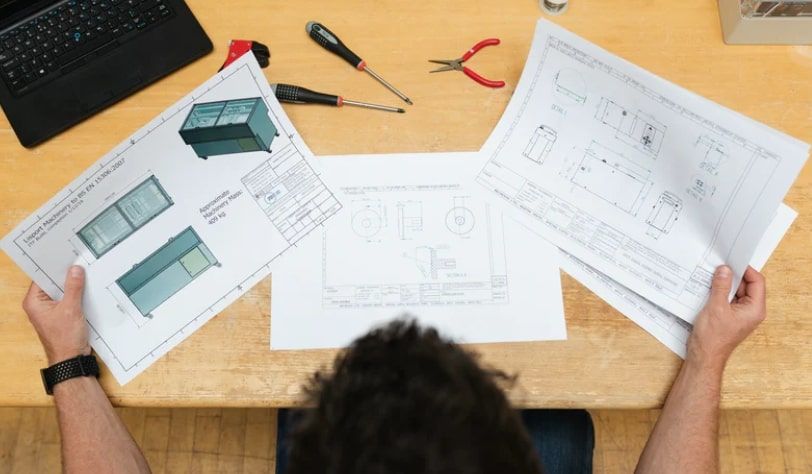It’s hard to imagine coming home from a profession that involves intense critical thinking and wanting to continue using that tired brain. Still, the truth about engineers is that they get bored quickly.
They are naturally curious people and enjoy finding solutions and creating something out of nothing. This usually shows through the hobbies that they adopt.
These seven most popular hobbies for engineers follow that train of thought.
Check them out:
1. Working on Engines
Engines are complicated pieces of machinery with plenty of moving parts and problems that arise. Finding an old car, bike, or even a boat engine that needs repair is like a kid finding candy.
Many engineers have a great time restoring vintage cars or one of a kind motorcycles to their original glory.
2. Creating Models
Much of an engineer’s job is to create a product and test it to see if it’s viable. Often the part of the project that involves creating a model of their product is done by someone else.
This can be fun, and many engineers wish they could be involved in this creative process, so they take it with them and follow through at home.
They normally would create model cars, trains, architecture, even figurines.
3. Video Games
Although video games aren’t exactly what most people would consider intellectual, engineers enjoy them because they can get lost in a whole other world, and they can find new and ingenious ways to play.
Video games are notorious for having secret codes, easter eggs, and hidden doors that keep their intellectual players engaged. Engineers delight in finding these special nuggets.
They are also known for finding ways to beat the game by “hacking” the system. They also enjoy video games that pose physics problems as part of the challenge which you see more and more of in the video game industry.
4. Woodworking
Sometimes all an engineer needs to keep things interesting is a different material to work with.
Many engineers enjoy the process of cutting, shaping, and putting together pieces of wood to create a useful piece of furniture.
Woodworking may seem old-fashioned in this technologically advanced world, but it still requires an engineering mindset to cut and assemble a finished product that is both beautiful, functional, and strong.
5. Metalworking
Similar to woodworking, metalworking provides engineers with the opportunity to create with a different material that involves a whole other type of assembly.
Unlike woodworking that involves mostly saws, drills, and hammers, metalworking is a bit more complicated.
Metal requires heat to be manipulated. Whether done with blacksmithing, welding, or sculpting, metalworking can be a very fulfilling hobby.
6. Martial Arts
Martial arts teach mind-body connection. This goes hand in hand with many of the engineering specialties.
For this reason, many engineers enjoy having a hobby in martial arts. Even though it doesn’t fit into the normal “engineering hobby” standards, it is still popular.
Karate, Jiu-Jitsu, and Taekwondo are just a few types of martial arts that interest engineers. Much of the time is spent in meditative body movements and overcoming problems with your mindset.
Engineers spend much of their week facing big challenges that require a strong will and mind. They can’t give up when things get heavy.
Participating in martial arts helps them overcome some mental blocks that they face in the workplace and gives them a physical outlet for some of the stress.
7. Robotics
Tinkering is a part of the very being of an engineer. It is one of their biggest pastimes. You can catch an engineer tinkering without even trying.
Tinkering with electronics and creating robotics with odd pieces of equipment is a very popular hobby among engineers. It certainly isn’t a hobby of the average joe.
Whether they are designing a system to automate a daily task or making a toy for their nephew, you can have a lot of fun designing robotics as an engineer.
Conclusion
Hobbies are a great way to keep ourselves from becoming overwhelmed by the repeating responsibilities that we face every day, and engineers are not immune to this need.
They enjoy using their minds in creative ways, certainly, but they are under pressure to perform, which can take away some of the joy. These hobbies allow them to find their creative outlet in a more relaxed and fulfilling way.
